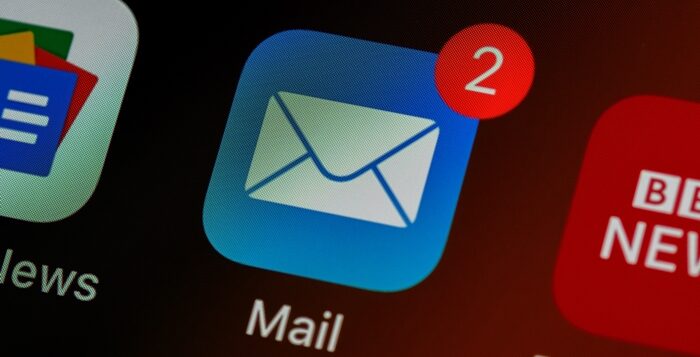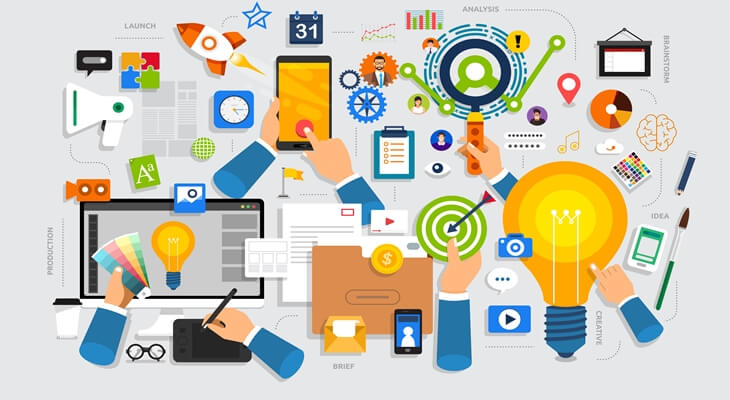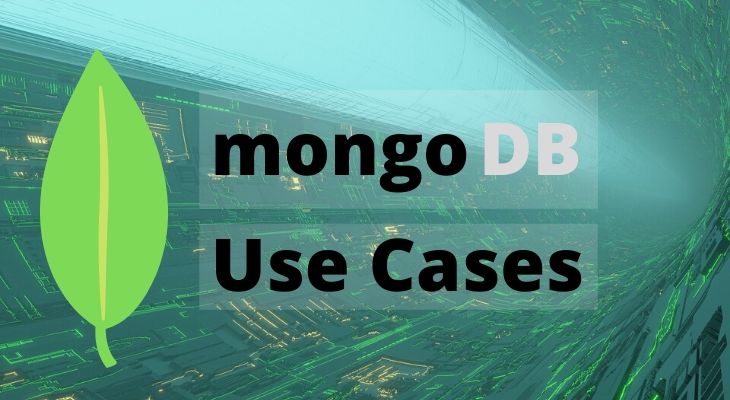What is Email Marketing?
It is a marketing channel that is a form of direct marketing as well as digital marketing. Email marketing uses email to promote the products or services of a business online. It helps make the customers aware of the new items or offers of a business by integrating them into the marketing automation efforts. It can also help with lead generation, creating brand awareness, building relationships. Email marketing tools keeps customers engaged between purchases with different types of marketing emails.
Why is Email Marketing Important?
It is easy to measure
Email marketing is effortless to measure. It gives you the ability to track delivery rates, bounce rates, unsubscribe rates, click-through rates, and open rates. This provides a clear understanding of how the email marketing campaigns are performing.
It’s affordable
You can reach a large number of consumers for a very minimal cost per mail. Email marketing has a meager price per conversion rate, making it ideal for small and new businesses.
Allows for targeted messaging
Email marketing tools allows for the sender to make segments of the market and send them specific emails. These segmented customers can be put into an appropriate email marketing list so that these groups can be targeted more effectively.
Stay in contact with your audience
Email marketing can keep customers informed. Consumers are free to check their emails. This way, they don't miss out on any new updates. It gives them a sense of recognition that the business is thinking about them.
Reach customers in real-time
According to Litmus, more than 54% of all emails were opened on a mobile device. Every marketer needs to focus on this when planning any Email marketing strategy.
How Does Email Marketing Work
Email marketing is one of the best ways of promoting any business. The emails should be personalized by putting in the customer’s name or asking a question that would concern them. This way, customers can engage in the business. Special attention needs to be given to the layout, images, color, etc. Nowadays, it is necessary to make emails mobile-friendly since it has become common for people to check their mailboxes through their mobile phones.
Timing is another critical factor. A marketer must not send emails at odd times, such as overnight or during weekends. The customer would most likely ignore and forget about it. Also, keep the mail very short and sweet. This way, you don't lose the customer's attention.
Segment targeting needs to be done correctly. Sending emails to uninterested people won’t be of any use.
How to Choose the Best Email Marketing Tools/Platform?
It would be best if you understood the specific needs of your marketing campaign first. Most businesses need to take care of the following functions to go ahead with an Email Marketing tools.
A/B Testing
Also known as split testing, A/B testing is an essential function in email campaigns, especially if you’re running a conversion campaign with transactional emails.Find a platform that offers this to fit your needs.
List Segmentation
List segmentation allows you to make segments in your target market. While the audience might share similar interests, each contact is still unique. For the email campaign to have the most impact, you need to get the right message to the right target, and list segmentation helps.
Customizable Sign-up Methods
Sign-up forms can be used to increase the number of subscribers to a business or webpage. Ensure that you chose an email marketing tool that lets you make an opt-in form on your website or subscription option during checkout.
Response handling
Less sophistication is required regarding automation and response handling if it is a small business.Some of the work can be handled manually. But, if you're handling a considerable amount of emails, choose email marketing software that will allow you to send automated responses.
Top 10 Free Email Marketing Tools
HubSpot Email Marketing
HubSpot’s free plan has a monthly sending limit of 2,000. This makes it slightly limited in terms of emails, but any small business could suffice with that. HubSpot is generous with subscribers and CRM features.
Key features:
• 1million subscribers
• 2,000 emails p/m
• CRM
• Webforms
Sendinblue
Sendinblue allows you to keep unlimited contacts. It has a free plan with support for SMS text messaging, in-depth analytics, and powerful marketing automation features in the same dashboard.
Key features:
• Unlimited subscribers
• 9,000 emails p/m
• Webforms
• Basic reporting
Mailchimp
Mailchimp has some of the best eCommerce and email marketing tools. It was one of the first email service providers to offer a completely free plan. It is a favorite of many bloggers and small businesses.
Key features:
• The free plan includes 10,000 emails per month for up to 2,000 subscribers.
• 2,000 subscribers
• 10,000 emails p/m
• Reporting
• List management
• Mobile features
MailerLite
This tool helps improve interaction using pop-ups and surveys. The free version will let the user send up to 1,000 emails and access nearly all essential email marketing features. Being a free version, the users have to miss out on features such as template creation, live chat support, perform A/B testing, or check CTR.
Key features:
• 1,000 subscribers
• 12,000 emails p/m
• Automations, landing pages, and reports
Benchmark
Benchmark is a speedy email designer. Users can edit photos in the editor, and its templates are helpful for a wide variety of businesses. Users can have unlimited subscribers and send up to 250 emails per month in the free version.
Key features:
• Unlimited subscribers
• 250 emails p/m
• Webforms
• List management
• Basic A/B testing
OmniSend
OmniSend is the most useful email service for users with an online presence only. It generates beautiful and fun emails by pulling products from the business's online store and adds opt-in forms to grow the email list.The free plan offers 15,000 mails p/m and 2,000 emails per day.
Key features:
• 15,000 emails p/m
• 500 subscribers
• 3 forms/landing pages
• Segmentation
• Website tracking
Sender
Sender offers functions such as segmentation, integrations, and stunning designs that the user can customize very easily. It provides push notifications too.
Key features:
• 2,500 subscribers
• 15,000 emails p/m
• Autoresponders + transactional emails
• Push notifications
• Forms
Zoho
Zoho is an ad-free email hosting platform for businesses. Zoho retains all the emails across the organization. It also helps marketers to create a domain for their businesses and set up custom email addresses. Zohoenables the users to manage all incoming and outgoing emails, block unwanted emails and set individual quotas.
Key features:
• 12,000 emails p/m
• 2,000 contacts
• A/B testing
• Web store tracking & reports
Sendpulse
Sendpulse provides professionally designed email templates that can be customized using a drag-and-drop editor. The user can automate these emails based on their preference.
Key features:
• 500 subscribers
• 15,000 emails p/m
• Web push notifications
• Transactional emails
• Basic autoresponders
Moosend
Moosend has an advanced segmentation feature to send highly accurate emails to each customer. This highly increases the open rate and click-through rate. It also boosts ROI.
Key features:
• 1,000 subscribers
• Unlimited emails
• All features included
• No Moosend branding in emails
Conclusion:
With the growing adoption of technology and the internet, Email marketing has become even more critical. Email marketing provides the ease of measuring reaching the target customers, ease of understanding the response rate, and helps to stay in contact with the audience. It has a very cheap and effective premise to it when compared to other marketing channels. Businesses need to adopt email marketing for better reach and effectiveness with a much better cost-to-return ratio.
You may like to read:
7 Major Digital Marketing Trends to look out for in Banking
Best Digital Marketing Certificate Programs Online





